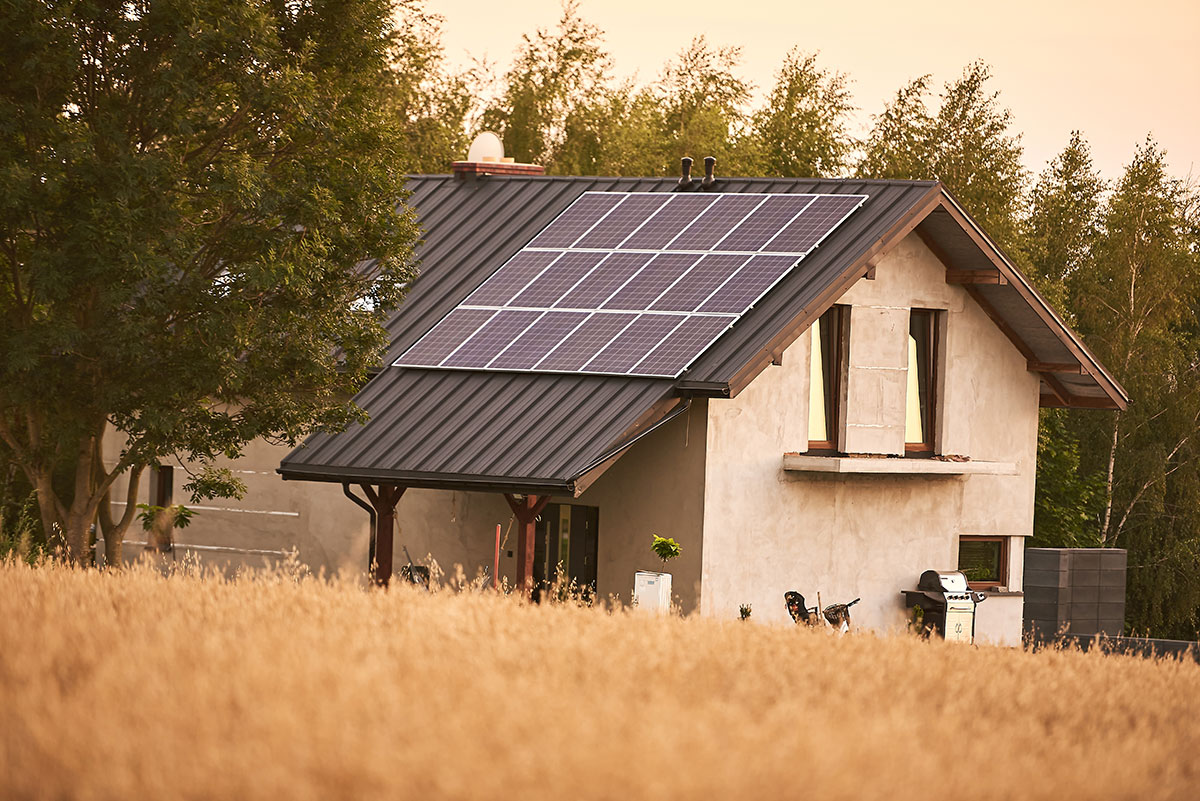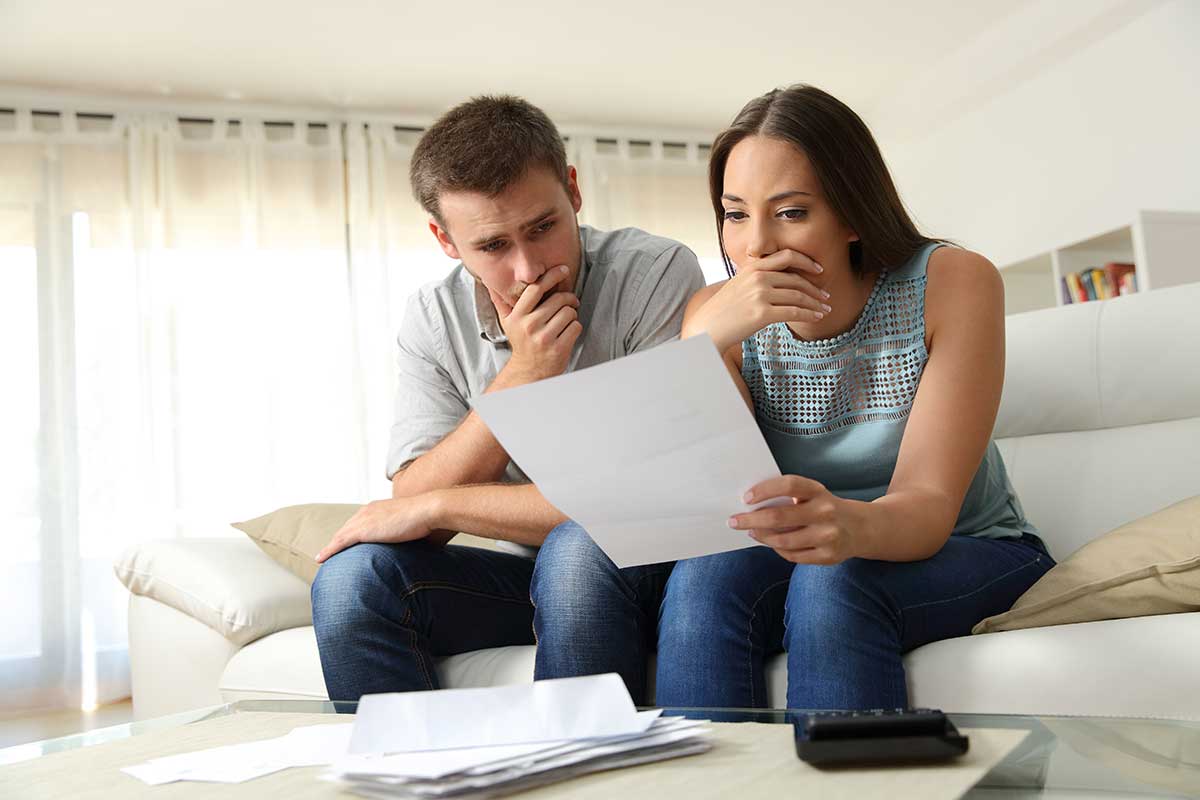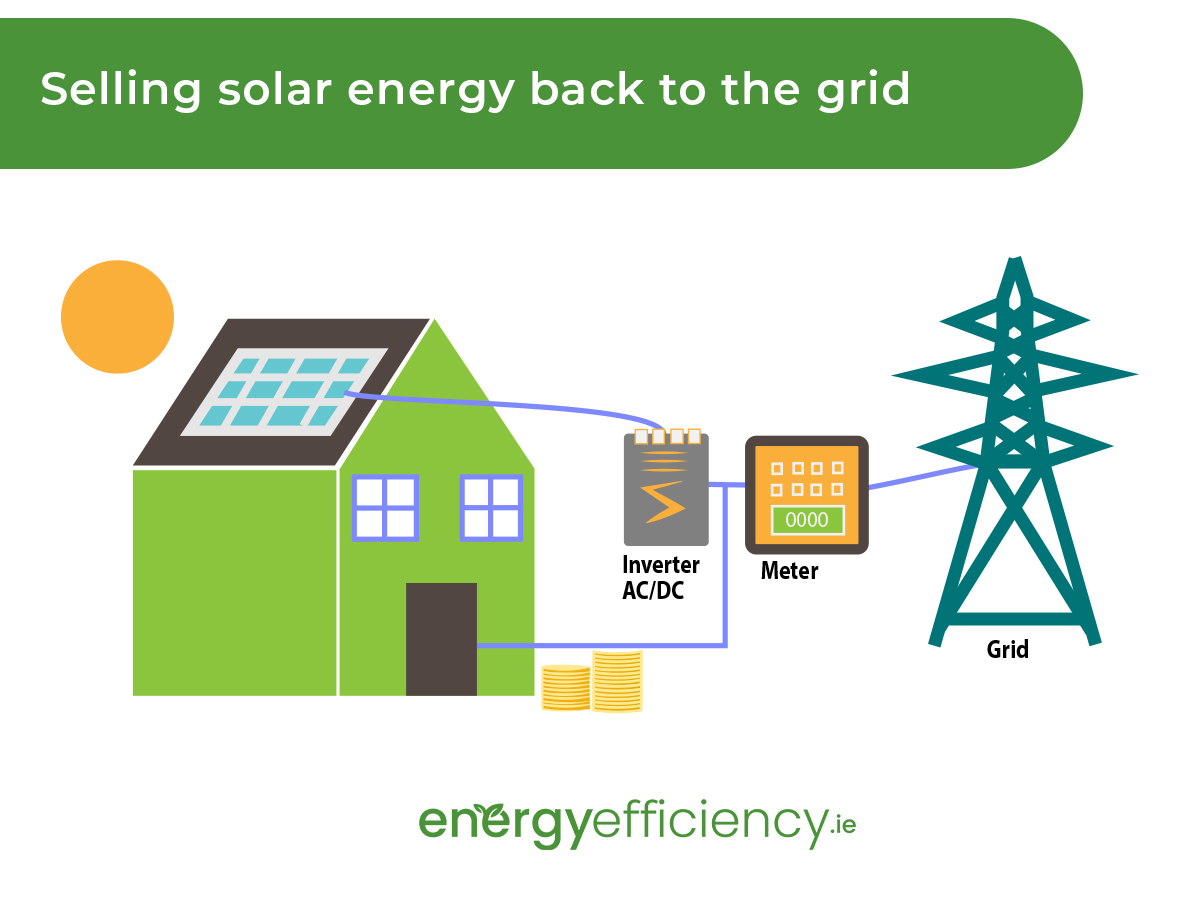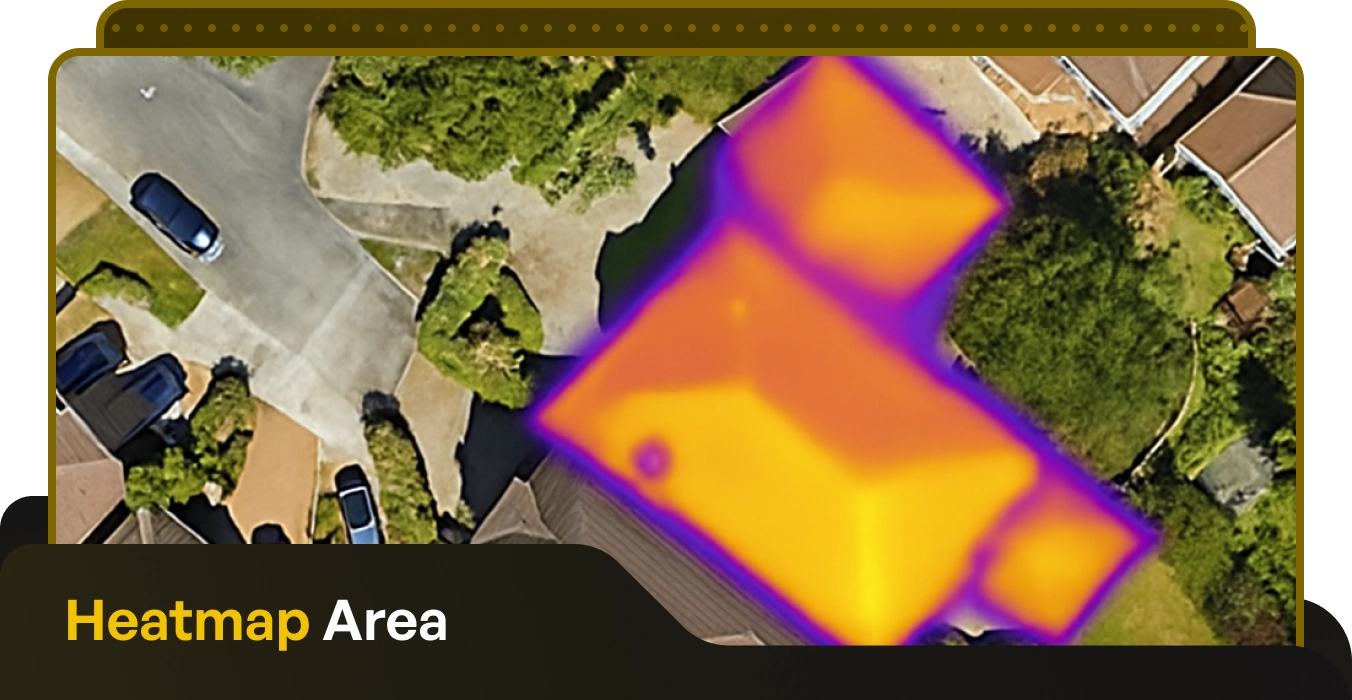Table of Contents
Going off the Grid in Ireland with Solar Panels

Written by: Michael Malone
Published: November 8, 2023
Last updated: October 19, 2025
Reading time: 3 mins
Off-grid living is becoming increasingly popular in Ireland for a number of reasons, including the affordability and efficiency of renewable energy systems including home solar panels.
With the reduced cost of photovoltaic (PV) solar panels and wind turbines over recent years, it has never been more feasible.
People are choosing off-grid living for a number of reasons with rising energy costs and the catastrophic environmental impact of electricity generated by the burning of fossil fuels.
What is going off the grid?
Going off grid essentially means to be disconnected from the national electrical grid which the vast majority of people in Ireland are connected to and rely on for electricity.
It can also be used to describe self-reliance on other utilities such as water and sewer systems, but it is generally and most commonly used for electricity.
Not being connected to the national grid means that 100% of the electricity used by a household must be generated on-site, through renewable energy sources such as solar.
There are multiple reasons for people deciding to follow the off-grid path, but the most common may be the environmental benefits, and the sustainable nature of being disconnected from the national electricity network.

Is it possible to go off the grid in Ireland
In short, yes, it is possible to go off the grid in Ireland, but doing so comes with a unique set of challenges (as well as many benefits).
One of the main advantages of living off-grid is economic, i.e. having no monthly or bi-monthly utility bills to deal with.
Those who live off-grid also feel more independence, as they have the ability to live anywhere. And as most of those who live off-grid are in more remote areas, they will experience a healthier lifestyle and breathe cleaner air.
The main disadvantages of deciding to pursue an off-grid lifestyle include the initial installation costs and there may also be legal and regulatory hurdles to overcome.
But with an increase in government incentives and deregulation measures for solar panels coming into effect over the past few years, the initial cost and other challenges can be more easily overcome, allowing more homeowners to embrace the freedom of living off-grid.

How to go off the electrical grid in Ireland
With each passing year it is becoming easier to go off the grid, with government incentives like the removal of VAT on solar panels and grants from the Sustainable Energy Authority of Ireland making the installation of renewable energy systems much more affordable than it previously was.
Second hand wind turbines are also being used by people who wish to be self-reliant when it comes to their energy usage.
The cost of installing PV solar panels and wind turbines – the main methods of generating renewable energy – have been decreasing, and this has allowed more people to make the switch than ever before.
The first step to going off the electrical grid in Ireland is to research and plan accordingly. This includes having an understanding of your electricity and hot water needs, and the amount of energy used each year.
Your financial situation will also come into play when deciding, as the initial installation costs can be quite high even with incentives and the fact that in the long run, it is economically beneficial.
Other key considerations include regulatory requirements, including whether planning permission will be necessary.
These factors will vary for each individual household, and knowing this information in advance, before getting a quote for solar panels or wind turbines (or a combination of both), will allow you to avoid a scenario where the energy output of your renewable energy source is inadequate to cater for your needs.

Advantages of staying attached to the grid in Ireland
Staying attached to the grid also has some benefits, and for many homeowners with solar panels installed, it might be worth considering maintaining the connection in order to sell electricity back to the grid.
The first step you must undertake to sell excess electricity is to install a smart meter, which will be advantageous for a number of reasons.
Should you remain connected to the national grid, and if your solar panels produce a surplus of AC electricity, your energy supplier will buy it through the Clean Export Guarantee (CEG).
The rates offered by electricity providers in Ireland vary quite a lot, but most companies offer between 18c and 24c per kWh.
Another advantage of selling surplus electricity is that there is a tax exemption for income of up to €200.
The Irish government has said that this will cover the income for 95 per cent of homeowners who have solar panels installed, which means that you will likely not be required to pay tax on electricity sold back to the grid.
Get a Quote
To start your journey and reap the many benefits associated with an off-grid lifestyle, get a free quote from a trusted and reliable solar panel installer in your area by taking a minute to fill out our questionnaire today.
Going off the Grid in Ireland with Solar Panels
Published: November 8, 2023
Last updated: October 19, 2025

Written by: Michael Malone
Reading time: 3mins
Off-grid living is becoming increasingly popular in Ireland for a number of reasons, including the affordability and efficiency of renewable energy systems including home solar panels.
With the reduced cost of photovoltaic (PV) solar panels and wind turbines over recent years, it has never been more feasible.
People are choosing off-grid living for a number of reasons with rising energy costs and the catastrophic environmental impact of electricity generated by the burning of fossil fuels.
What is going off the grid?
Going off grid essentially means to be disconnected from the national electrical grid which the vast majority of people in Ireland are connected to and rely on for electricity.
It can also be used to describe self-reliance on other utilities such as water and sewer systems, but it is generally and most commonly used for electricity.
Not being connected to the national grid means that 100% of the electricity used by a household must be generated on-site, through renewable energy sources such as solar.
There are multiple reasons for people deciding to follow the off-grid path, but the most common may be the environmental benefits, and the sustainable nature of being disconnected from the national electricity network.

Is it possible to go off the grid in Ireland
In short, yes, it is possible to go off the grid in Ireland, but doing so comes with a unique set of challenges (as well as many benefits).
One of the main advantages of living off-grid is economic, i.e. having no monthly or bi-monthly utility bills to deal with.
Those who live off-grid also feel more independence, as they have the ability to live anywhere. And as most of those who live off-grid are in more remote areas, they will experience a healthier lifestyle and breathe cleaner air.
The main disadvantages of deciding to pursue an off-grid lifestyle include the initial installation costs and there may also be legal and regulatory hurdles to overcome.
But with an increase in government incentives and deregulation measures for solar panels coming into effect over the past few years, the initial cost and other challenges can be more easily overcome, allowing more homeowners to embrace the freedom of living off-grid.

How to go off the electrical grid in Ireland
With each passing year it is becoming easier to go off the grid, with government incentives like the removal of VAT on solar panels and grants from the Sustainable Energy Authority of Ireland making the installation of renewable energy systems much more affordable than it previously was.
Second hand wind turbines are also being used by people who wish to be self-reliant when it comes to their energy usage.
The cost of installing PV solar panels and wind turbines – the main methods of generating renewable energy – have been decreasing, and this has allowed more people to make the switch than ever before.
The first step to going off the electrical grid in Ireland is to research and plan accordingly. This includes having an understanding of your electricity and hot water needs, and the amount of energy used each year.
Your financial situation will also come into play when deciding, as the initial installation costs can be quite high even with incentives and the fact that in the long run, it is economically beneficial.
Other key considerations include regulatory requirements, including whether planning permission will be necessary.
These factors will vary for each individual household, and knowing this information in advance, before getting a quote for solar panels or wind turbines (or a combination of both), will allow you to avoid a scenario where the energy output of your renewable energy source is inadequate to cater for your needs.

Advantages of staying attached to the grid in Ireland
Staying attached to the grid also has some benefits, and for many homeowners with solar panels installed, it might be worth considering maintaining the connection in order to sell electricity back to the grid.
The first step you must undertake to sell excess electricity is to install a smart meter, which will be advantageous for a number of reasons.
Should you remain connected to the national grid, and if your solar panels produce a surplus of AC electricity, your energy supplier will buy it through the Clean Export Guarantee (CEG).
The rates offered by electricity providers in Ireland vary quite a lot, but most companies offer between 18c and 24c per kWh.
Another advantage of selling surplus electricity is that there is a tax exemption for income of up to €200.
The Irish government has said that this will cover the income for 95 per cent of homeowners who have solar panels installed, which means that you will likely not be required to pay tax on electricity sold back to the grid.
Get a Quote
To start your journey and reap the many benefits associated with an off-grid lifestyle, get a free quote from a trusted and reliable solar panel installer in your area by taking a minute to fill out our questionnaire today.
Solar Energy Saves Households Thousands in Electricity Costs
Take our 2-minute questionnaire and find affordable solar options to suit your budget and lifestyle.



